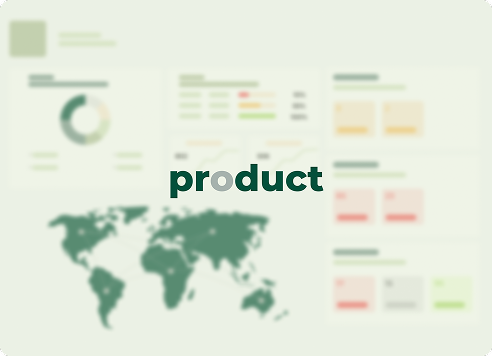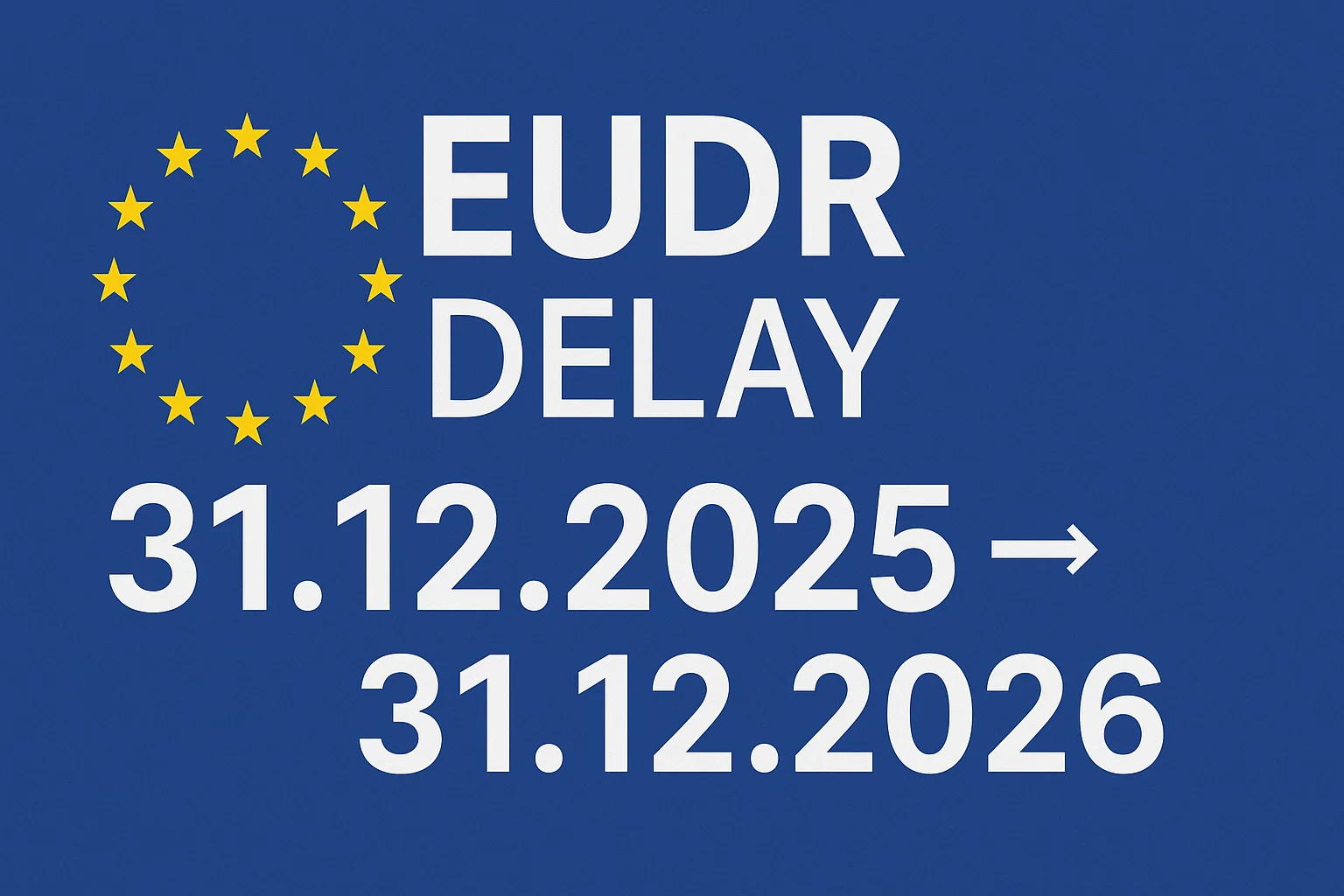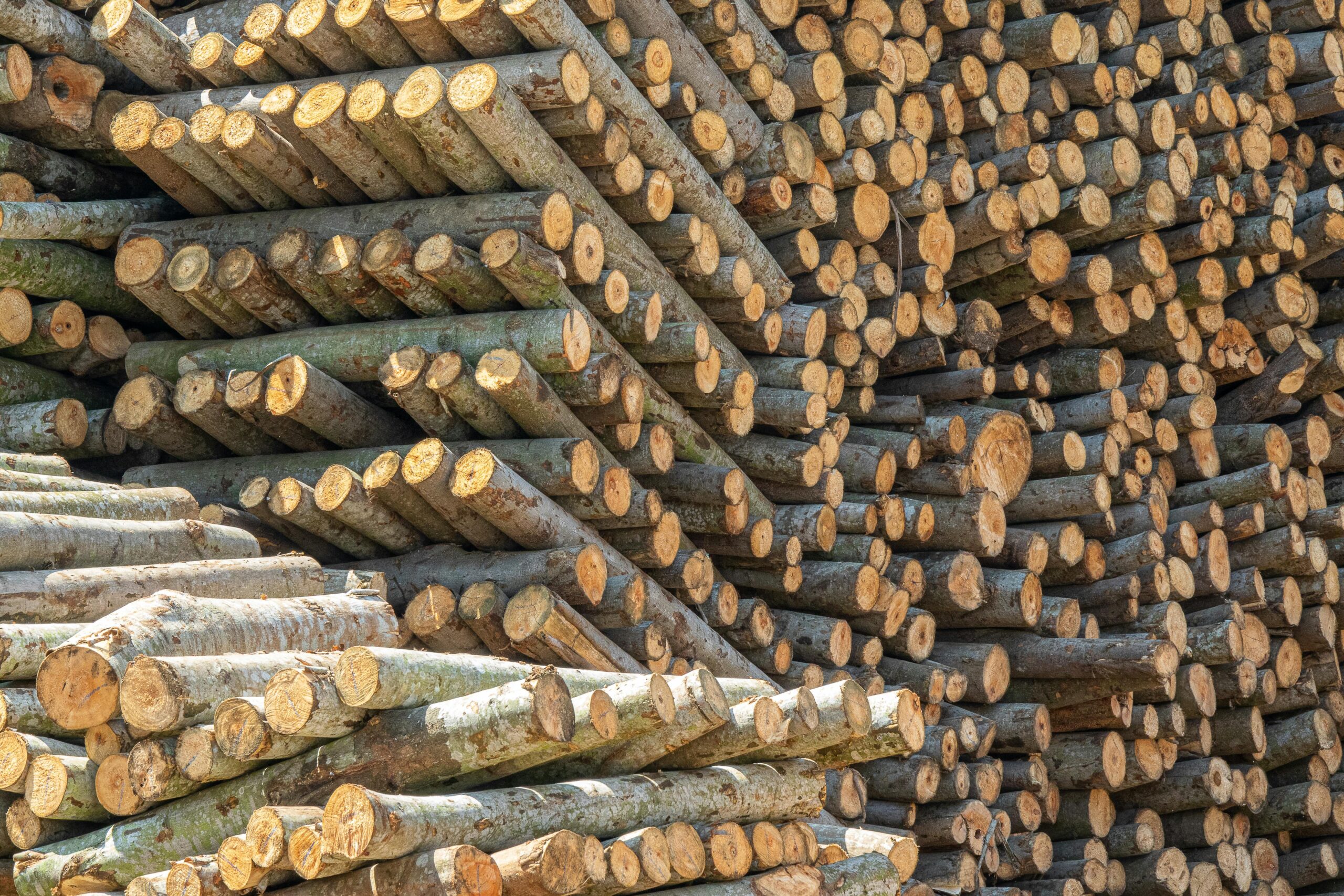This article focuses on key aspects of the EU’s Deforestation Regulation (EUDR) concerning “Subjects of Obligations.” The section addresses the responsibilities of various actors in the supply chain. This part is crucial for understanding how the EUDR affects businesses, who is subject to the regulation’s requirements, and what specific areas of responsibility each actor has. It is essential to understand how the regulation impacts the different actors in the supply chain, with a primary distinction made between operators and traders, as well as between SMEs and non-SMEs.
EUDR – A short introduction
The EU Deforestation Regulation (EUDR) is an important milestone in protecting the world’s forests and combat deforestation and forest degradation. The regulation requires businesses to ensure that the raw materials they trade are sourced legally and sustainably. The raw materials the EU aims to ensure are sourced legally and sustainably include coffee, cocoa, soy, palm oil, cattle, plantation wood fiber, and plantation rubber.
The EU adopted the EUDR on December 6, 2022, and will come into effect, at the end of 2025. Deforestation is one of the major causes of climate change and biodiversity loss—two of the most pressing environmental challenges we face today.
EUDR – New additions regarding “Subjects of obligations”
Since the introduction of the EUDR, seven significant changes have been made under the category “Subjects of Obligations,” all of which businesses should be aware of.
Introduction to the EU Deforestation Regulation (EUDR)
- 3.5 Obligations for SME operators further down the supply chain
SME operators further down the supply chain have certain relaxations in their obligations. If an SME processes a product that has already been subject to due diligence, they are not required to perform additional due diligence on the parts of the product that have already been checked. They are also not required to submit a due diligence statement (DDS) in the information system. However, they must retain reference numbers from previous due diligence in case they need to present them if authorities request it. On the other hand, if there are parts of the product that have not previously been subject to due diligence, the SME operator must perform full due diligence and submit a DDS. It is important to note that, although SMEs benefit from relaxations, they still retain legal responsibility if there is a breach of the regulation.
- 3.6 Access to geolocation information in the information system
In the information system, upstream operators (companies earlier in the supply chain) will have the option to decide whether geolocation information in their DDS should be made available to downstream operators (companies further down the supply chain) through the referenced DDS. This provides operators with a certain level of control over information sharing within the supply chain.
- 3.7 Non-EU-based operators and the information system
If a company based outside the EU places a relevant product on the EU market, the first actor within the EU who makes the product available on the market is considered the operator under the regulation. In such cases, there will be two operators—one outside the EU and one within the EU. Non-EU-based operators will only have access to the information system if they have a valid EORI number. In that case, they must submit a DDS after performing due diligence prior to customs declaration. They will have access as operators, not as authorized representatives, as authorized representatives must be established in the EU.
- 3.9 Retailers and their classification as traders
Companies that are not SMEs and sell directly to consumers (retailers) are classified as traders. A trader is an actor in the supply chain who is not an operator but makes the relevant products available on the market. This includes stores and supermarkets that sell the products without having imported or produced them themselves.
- 3.10 Changes in the definition of SMEs
The European Commission’s delegated directive alters the criteria for when a company is classified as an SME. The new criteria will only come into effect once they have been implemented into national legislation in each EU country. However, for the purposes of the regulation, it is important to note that, as of the effective date of June 30, 2025, it will be crucial to define whether a company was a micro or small enterprise as of December 31, 2020, as this depends on national legislation. To clarify, the threshold values for SMEs are changing. Previously, a medium-sized enterprise was defined as one that was neither a micro nor small enterprise and did not exceed the thresholds for at least two of the following three criteria:A balance sheet total of 20,000,000 EUR
A net turnover of 40,000,000 EUR
An average number of employees of 250 during the financial year
The new directive changes the balance sheet total threshold to 25,000,000 EUR and the net turnover threshold to 50,000,000 EUR.
- 3.11 Liability for breaching the regulation
All operators are responsible for ensuring that the products they place on the EU market or export comply with the law. Non-SME traders are also responsible for the products they make available on the EU market.
- 3.13 Application of the regulation to business groups
Due diligence obligations apply to “persons” according to the articles of the EUDR, whether or not they are members of a group.
Stay updated with prduct.com
With the updated points, a clear picture is provided of the different actors’ roles and responsibilities under the EUDR. For businesses, it is crucial to understand these obligations in order to ensure compliance with the regulation and contribute to the protection of the world’s forests. The regulation distinguishes between operators and traders, and different rules apply depending on the size of the business and its role in the supply chain.
The EUDR is complex, and the many requirements may seem overwhelming. Therefore, it is recommended that businesses seek advice and stay updated to navigate the regulation’s details effectively. Prduct.com offers a solution that simplifies working with EUDR compliance. We help you track your HS codes and ensure your compliance through automated and reliable data processing. In short: We collect your data, conduct risk assessments across your entire supply chain, and help minimize the identified risks.





